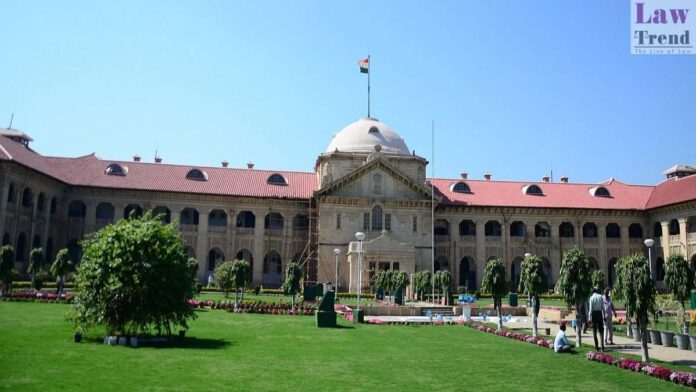The Allahabad High Court has dismissed a government appeal challenging the acquittal of six individuals in a 2008 case involving alleged rioting and assault on police personnel in Jhansi’s Babina district. Emphasizing the foundational principle of criminal jurisprudence—that guilt must be established beyond reasonable doubt—the court upheld the trial court’s decision, underscoring that speculative or




